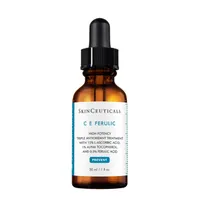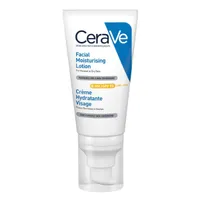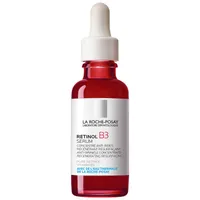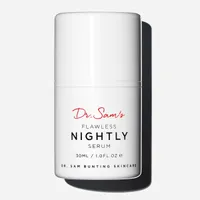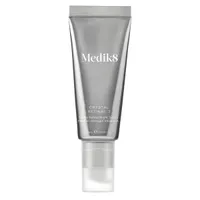These are the must-have ingredients for healthy, balanced and happy skin say dermatologists

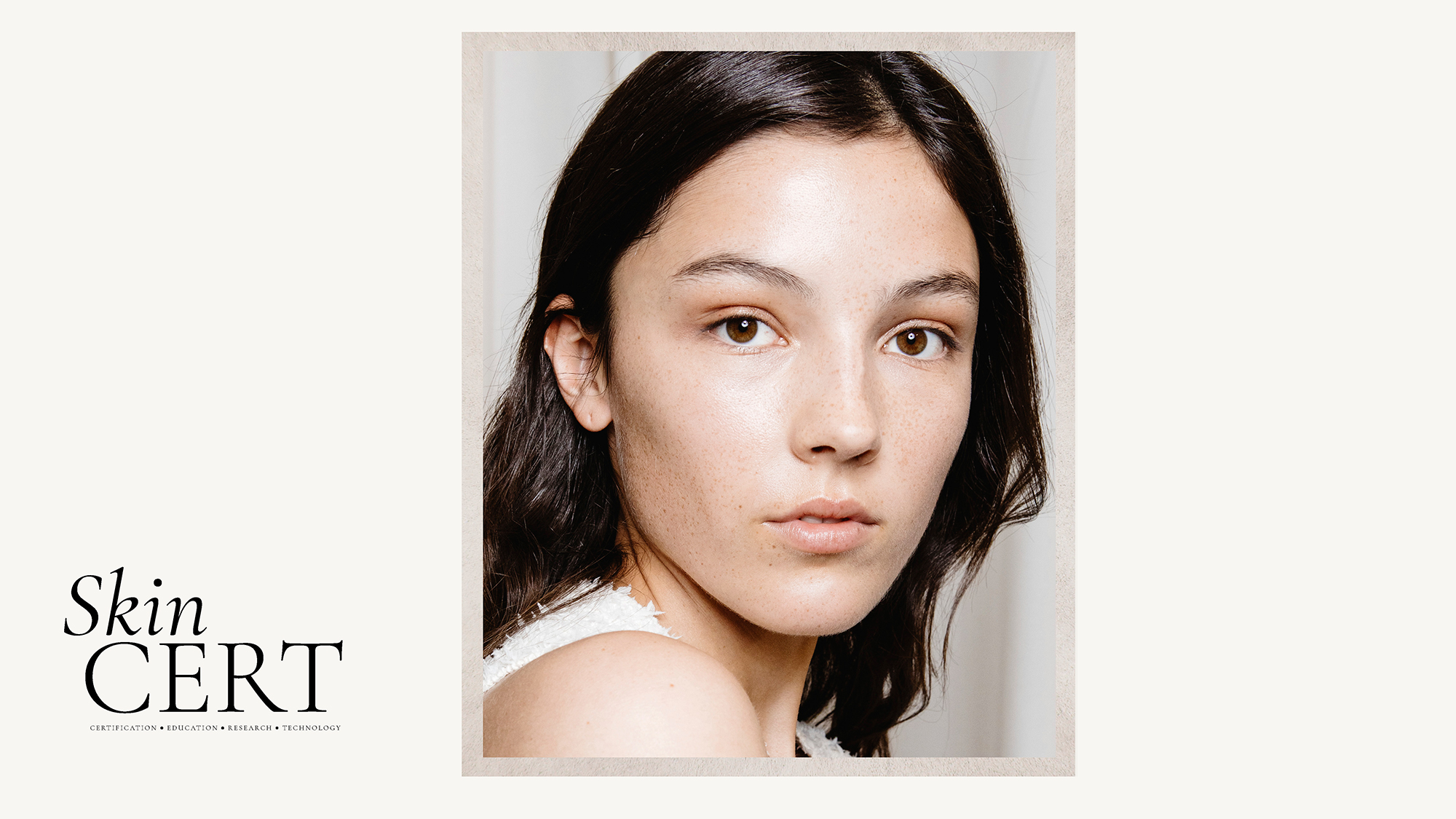
Not all skincare ingredients were created equal. There are some that are without a doubt essential to any successful skincare routine.
But with so many buzzy ingredients and countless products on the market it can be tricky to navigate your way through it all.
That's why we went directly to the people in the know - Dr Stefanie Williams, cosmetic dermatologist and founder of the EUDELO Dermatology & Skin Wellbeing Clinic, and Dr Anjali Mahto, consultant dermatologist and author of The Skincare Bible - and asked them which skincare ingredients should we all be using?
This is what they had to say...
Antioxidants
'Antioxidants scavenge or neutralise free radicals, which is why they’re such a key ingredient in skincare,' says Dr Williams. Free radical damage and oxidative stress are one of the key causes of skin ageing.
'Excess free radicals are triggered after sun and pollution exposure, but internal cell metabolism also generates free radicals every second of every day. This is why a high-grade antioxidant product is an absolute must in everyone’s skincare regime.'
Whilst you might think that your best facial sunscreen is enough to protect you from the sun's damage. Dr Williams is here to tell you otherwise. 'UV filters will only protect your skin from UVA and UVB irradiation, but generally not from infrared (the sun’s heat rays) and visible light which is another big part of the sun’s natural spectrum, and these will also generate free radicals in your skin. That’s why we need to add the ‘safety net’ of antioxidants. Topical antioxidants will also help protect your skin from oxidative stress caused by blue light exposure from digital screens (blue light comes from the sun, but can also be emitted from digital devices).'
Celebrity news, beauty, fashion advice, and fascinating features, delivered straight to your inbox!
Dr Williams-approved antioxidants
- Vitamin C
- Vitamin E
- Polyphenols (such as white tea and rosemary extracts)
SkinCeuticals C E Ferulic Antioxidant Vitamin C Serum, £145 | Lookfantastic
This is hands down one of the best vitamin C serums available. Yes, it's pricey, but it is so often recommended by dermatologists and delivers results so worth the investment. It also combines both vitamin C and E in the formula.
SPF
We wax lyrical about the daily need for sun protection. Why do we do this? Because dermatologists have been telling us for years that this is the key to keeping your skin looking younger for longer. 'Sun protection is one of the most essential aspects of any skin preservation programme,' says Dr Williams. 'That’s because the sun is one of the greatest causes of premature skin ageing and irregular pigmentation and can even lead to skin cancer.'
So, what sun protection factor (SPF) should you use? Dr Williams recommends a broad-spectrum SPF 30–50 (these will screen out 97 – 98% of UVB rays). 'There are a couple of reasons for aiming high,' she says. 'Firstly, studies have proved we usually don’t apply quite enough product, so even if you’re wearing sun protection, it may not reach the SPF factor stated on the box. Secondly, in daily life, we don’t re-apply it every two hours as needed to keep the protection level high. So, I don’t believe that SPF 12-15 in your high street moisturiser will save your skin as, by the afternoon, when the sun is at its highest, you’ll have hardly any protection left. So, aim for broad-spectrum SPF 30–50 with a high UVA rating, plus wear antioxidants underneath.'
She hastens to add though that a significant number of her patients, who wear high SPF daily, are vitamin D deficient. So she recommends you get your levels checked or take a vitamin D3 supplement. 'Most people benefit from taking 1000IU vitamin D3 per day, which is more than you get in a typical multivitamin.'
CeraVe Facial Moisturising Lotion SPF50, £15 | Lookfantastic
The best SPF moisturiser is the one that you are going to wear every day. This hydrating formula absorbs really quickly, doesn't leave behind a white cast and costs under £20. Sold.
Vitamin A
Dr Williams suggests everyone have a 'Matrix stimulator’ in their routine. What's that? It's an ingredient that will stimulate the fibroblast skin cells in the dermis to produce more collagen, elastin and hyaluronic acid.
The most well-known 'matrix stimulator' is vitamin A and its derivatives, like retinol.
Dr Mahto agrees, 'Most people would benefit from introducing a vitamin A product into their routine. It's often referred to as the gold standard of anti-ageing thanks to its ability to resurface the skin and minimise fine lines and wrinkles. The great thing about retinoids (the name given to all vitamin A derivatives) is that there are many different strengths/types. There really is something for everyone with the availability/choice of retinoid products now available on the market.'
Types of retinoids recommended by our derms
'Over-the-counter products that contain the below support collagen production, reduce sun damage, lighten pigmentation and soften lines and wrinkles,' says Dr Williams. 'They also help to prevent breakouts, so for breakout-prone skin with ageing concerns, they are a win-win ingredient.'
- Retinol - great for all skin types
- Retinoic acid ester (hydroxypinacolone retinoate) - great for those with sensitive skin
- Retinal (retinaldehyde) - ideal for acne-prone skin
If you are pregnant or breastfeeding, then you should avoid using retinoids. Dr Mahto recommends the vitamin A alternative bakuchiol.
La Roche Posay 0.3% Retinol B3 Anti-Wrinkle Serum, £38 | Lookfantastic
Alongside retinol, you'll find super nourishing and hydrating vitamin B3 which helps to prevent any adverse effects like peeling and dryness.
Medik8 Crystal Retinal 3, £47 | Space NK
Whenever anyone asks about vitamin A products, here at Marie Claire we always recommend Medik8's Crystal Retinal range. It starts low at 1, then works up to 3, 6 and then 10. Those that are new to vitamin A, should start at 3, then gradually introduce the high percentages. Those with sensitive skin should see results with 1.
So there we have it, make sure you've got antioxidants, SPF and vitamin A in your skincare routine.
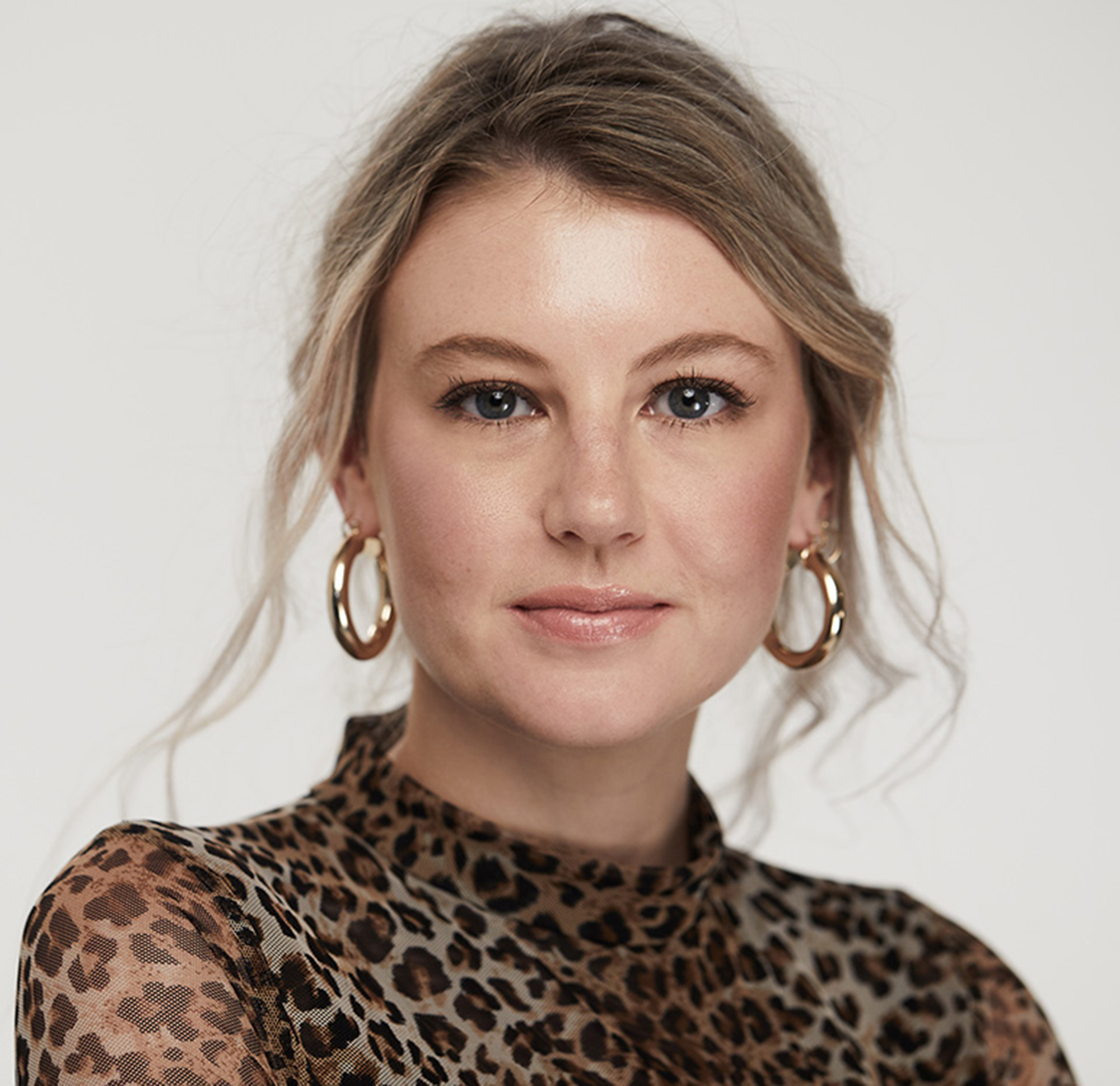
Katie Thomas is the Senior Beauty Editor at Marie Claire UK. With over 10 years of experience on women's luxury lifestyle titles, she covers everything from the best beauty looks from the red carpet and stand out trends from the catwalk, to colonic irrigation and to the best mascaras on the market.
